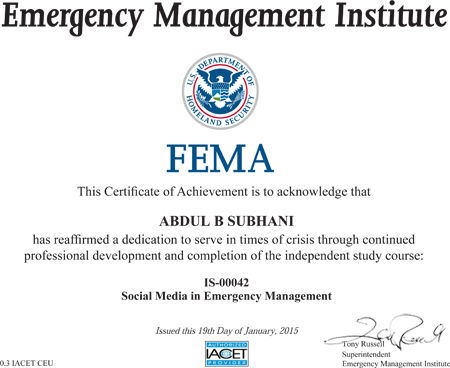February 23, 2015
Cybercriminals are constantly developing new ways to access computer systems for unlawful purposes. Two of such threats to network security are Botnets and Rootkits, which can infect your computer before you even realize that you are a victim of cybercrime.
Botnet
Botnet simply means a group of bot infected computers. In a botnet attack, the owners of computers do not know that a bot has infected their system and the bots remains dormant till the time they receive a command to perform particular action by their controller or botmaster. The bots are commonly transferred to computers through unprotected internet ports or other malicious downloads.
The number of computers in the botnet can range from just a few to thousands or even more. Botnets are often used in Denial of Service (DoS) attacks, spreading virus and spam, and stealing sensitive data such as bank account or credit card details.
Rootkit
A rootkit is referred to as software that can be installed on a computer system without the user being aware of it. It can either come as a part of a larger software package or installed by an attacker by convincing you to inadvertently download the bug. This allows the hacker to take control of your computer system or network.
It is not always necessary that rootkits are malicious, however, they may hide such activities. The cybercriminals can alter your system programming, access important data, and carry out many other tasks on your computer while being hidden. Rootkits are also used for some genuine purposes such as observing illegitimate activity and preventing misuse of an organization’s network by the employees.
How to protect your PC for Rootkit and Botnet?
- Make sure you create strong passwords that are difficult to be cracked by the hackers. It should include a combination of uppercase, lowercase letters, special characters and numbers. Do not allow your internet browser to remember passwords.
- Installing an anti-virus software can also help to avoid attacks by obstructing the malicious users from accessing your network.
- The anti-malware programs should always be authentic and reliable. They should be constantly updated to search for any viruses or bugs in your system.
- Always be cautious while using emails and internet. Hackers usually deliver malware in the form of images, videos, links or pop-ups on your computer screen.
Following good cybersecurity practices can help you protect your network and stop the hackers from taking control of your computer system.

